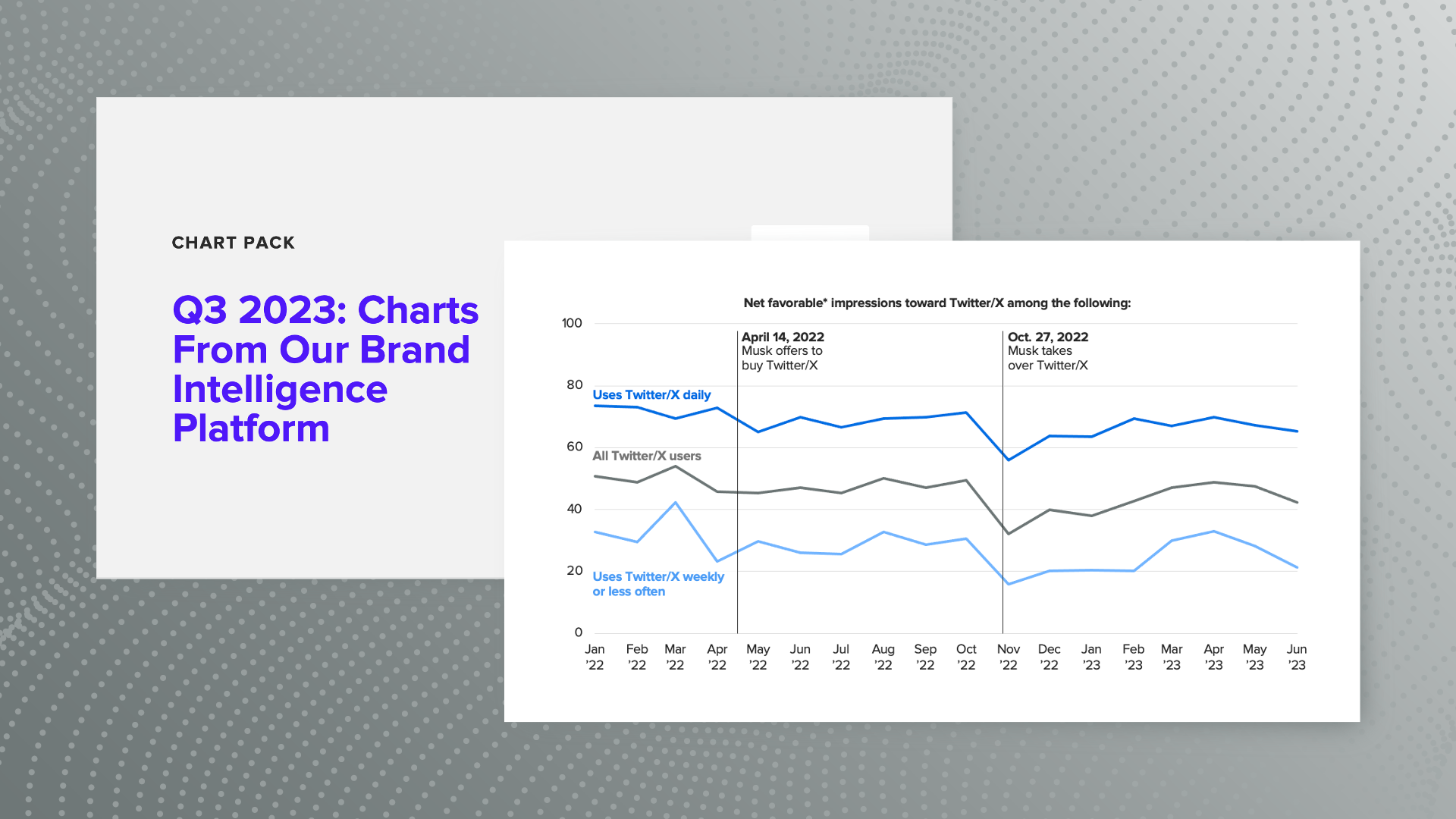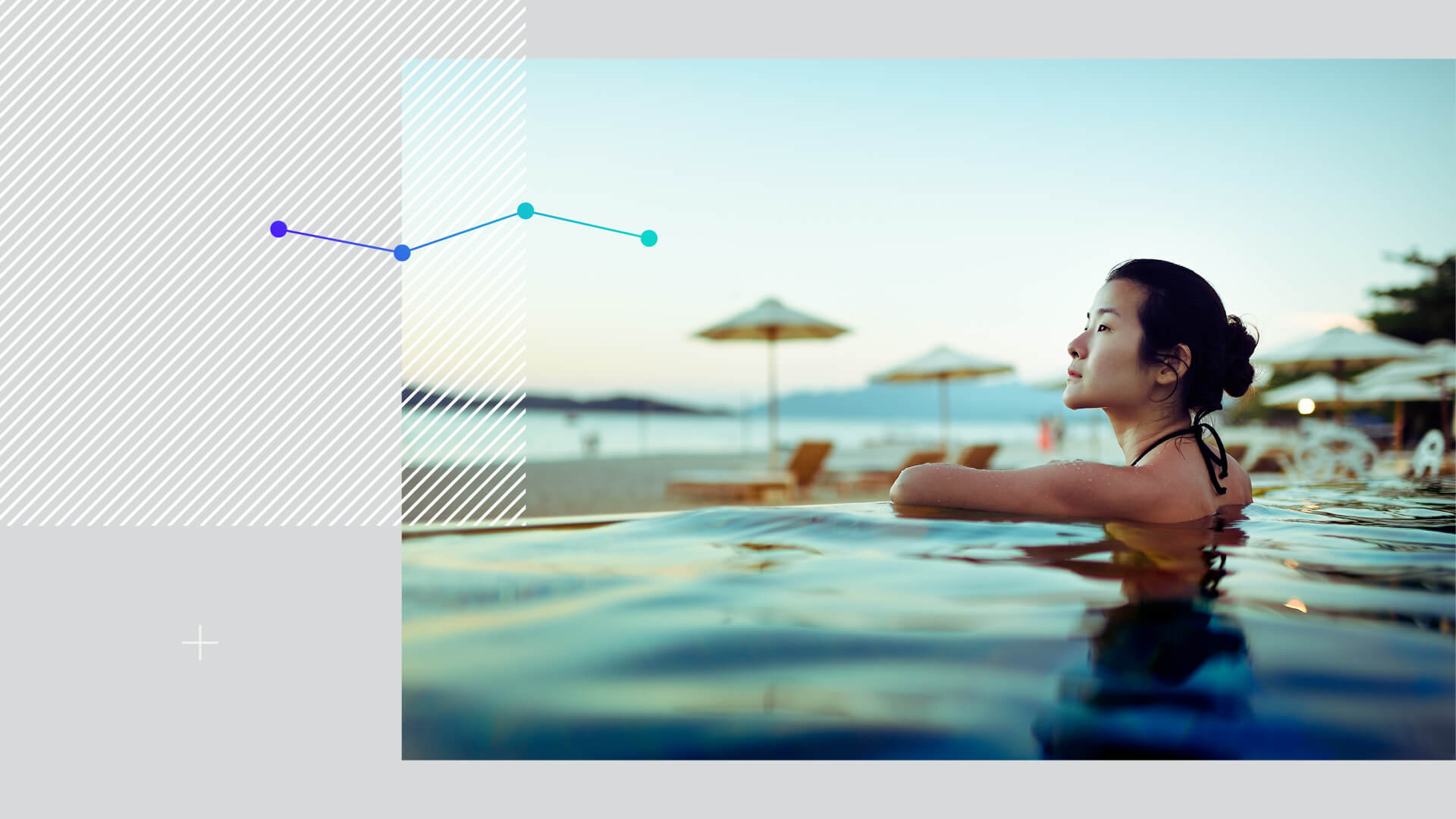Extended-Stay Hotels Can Steal Share From Vacation Rentals By Appealing to Business Travelers
Source: Morning Consult Audience
Among all post-pandemic travel trends, the one with the most staying power seems to be the extended trip — the freedom that workers have to blend business and leisure travel means less urgency to get back home and more flexibility to take a little more time on the road. Hotels have recognized this shift and are investing heavily in extended-stay properties, with the accommodation type representing 37% of total projects in the development pipeline.
While the major hotel players — like Marriott, Hilton and IHG — overseeing these properties may look to their existing guests as a primary target audience for the product, the profile of an extended-stay user looks much more like the audience for vacation rentals like Airbnb and Vrbo. In fact, from a demographic perspective, these audiences are nearly identical: For example, 19% of Gen Z adults use extended-stay hotels compared to 20% who use vacation rentals, and the share of millennials for both is equal at 41%. The household income and regional breakdowns of these audiences also closely mirror each other.
Two demographic areas of difference? Gender and propensity to engage in business travel: Extended-stay hotelgoers are more likely to take work trips than their vacation rental-using counterparts, and also more likely to be male, which makes logical sense as business travelers are more likely to be men. This suggests that extended-stay hotels serve an important purpose for business travelers, who may not be getting what they need in terms of professional setup from a vacation rental, or whose company may be more amenable to booking with a hotel brand from an expense perspective, particularly when regulations related to short-term rentals are in flux.
Aside from this difference, there is a slight divergence in psychographics between the two groups. Extended-stay hotel users are 7 percentage points more likely to say that they “like to pursue a life of challenge, novelty and change” and 6 points more likely to report that they have a “keen sense of adventure” than vacation rental bookers. This difference suggests an opportunity to target these customers with messaging that appeals to their sense of challenge and adventure on property (perhaps connecting them to local experiences or outings for example) to encourage repeat visits and avoid losing their patronage to an adventurous vacation rental alternative.
This memo utilizes data from Morning Consult Audience, our new product that makes it easy to explore and build thousands of custom audience profiles to better understand your customers. To learn more about Morning Consult Audience, request a demo here.
Lindsey Roeschke is an analyst whose work focuses on behavior and expectations of consumers in the travel & hospitality and food & beverage categories, particularly through a generational and cultural lens. Prior to joining Morning Consult, she served as a director of consumer and culture analysis at Gartner. In addition to her research and advisory background, Lindsey has more than a decade of experience in the advertising world. She has lived and worked in seven cities across four continents.


